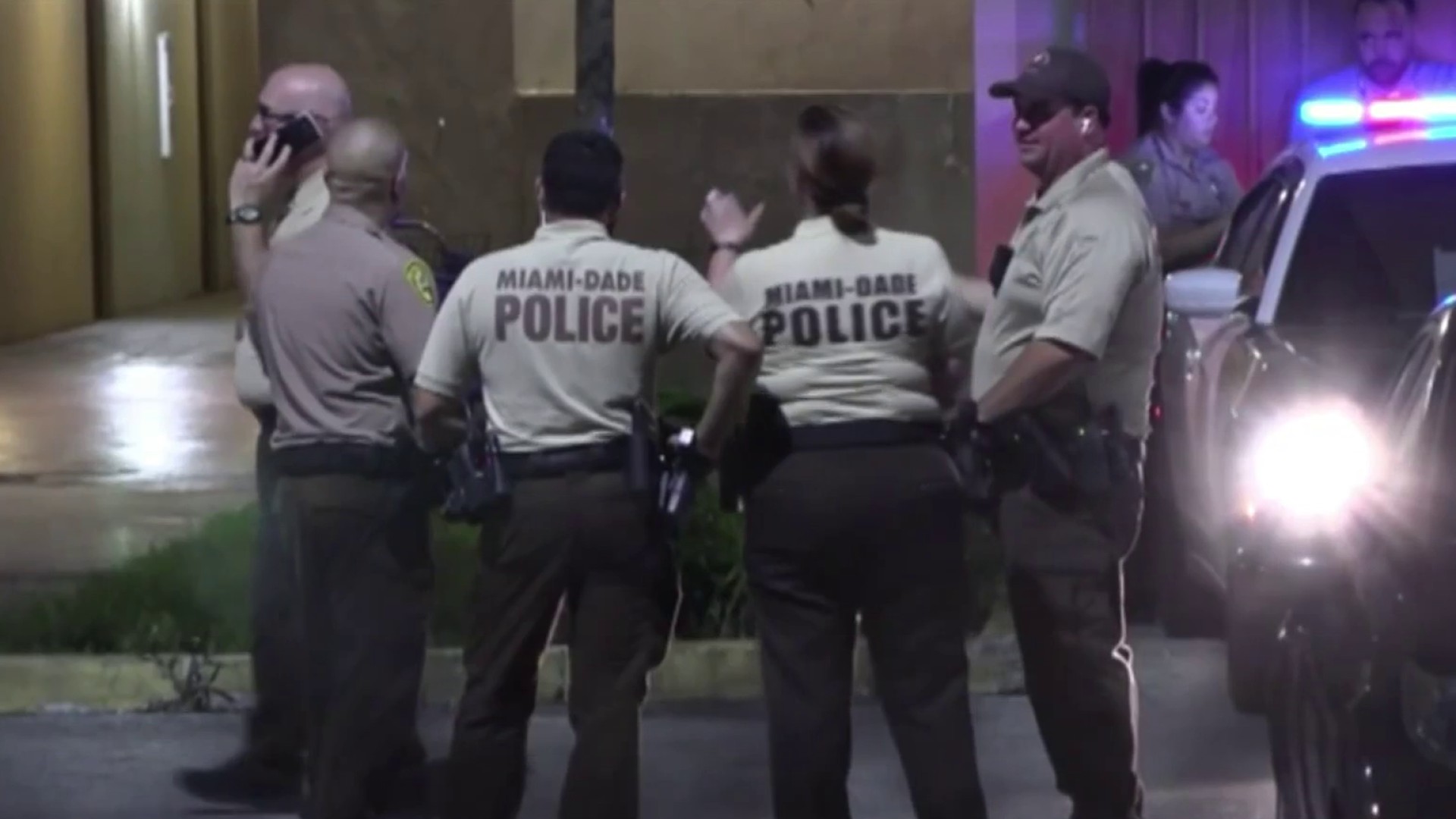The Miami Beach Police Department has a new item in their toolbox for justice: rapid DNA technology.
The machine uses automated technology to swiftly analyze a biological sample. It then produces an identifying profile of a person's DNA.
The goal is to help police solve cases faster.
"The instrument produces a DNA profile if there's enough DNA within less than two hours and that produces investigative leads," Daniel Oates, Chief of the Miami Beach Police Department, said Wednesday. "By using this machine here we can cut down and achieve efficiencies at the lab, and that's one of the things we're gonna test."
The pilot program will run for a year, but in the past three months, Miami Beach Police has already used the tech for a few success stories, including a shooting on Memorial Day weekend. DNA samples on a gun used in the crime matched a suspect that was in police custody, Oates said.
"He was already arrested based on independent evidence but the second swab of the gun produced enough DNA for a rock solid identification that he has touched the gun or he had handled the gun," Oates said.
A DNA match was also able to place the driver behind the wheel of a fatal hit-and-run on July 16th. The program is in partnership with the Miami-Dade crime lab.
Local
"The first collection of evidence or the first swab of DNA still gets packaged up and sent to the Miami-Dade crime lab," Oates said. "Our crime scene techs take a second swab of DNA and when we think it's helpful to the investigation we put that second swab into this machine."
Right now, the results still require independent confirmation from the Miami-Dade crime lab but the department hopes this instrument will make the process faster and help rule out false leads.
"If we're looking for a male and we're getting a female profile we know we don't need to send that to the lab so it helps eliminate the sample load," said Courtney Venezia, Crime Scene Technician at Miami Beach Police Department.
While this type of rapid DNA evidence is not yet recognized in American courts, the program is paving the way for the future of forensic technology.



